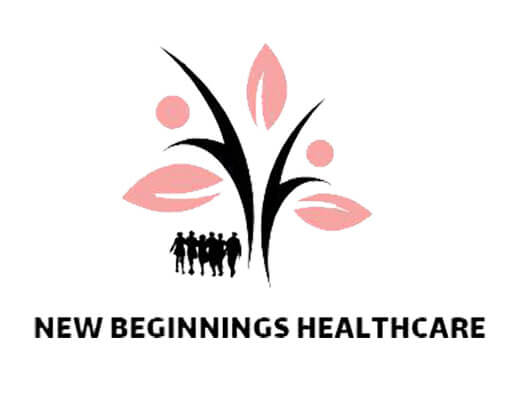Pulmonary arterial hypertension (PAH) is a rare but serious condition characterized by high blood pressure in the arteries of the lungs, leading to progressive narrowing and obstruction of blood flow. The condition can cause symptoms such as shortness of breath, fatigue, and chest pain. If left untreated, PAH can result in serious complications and reduced life expectancy.
There are several treatment options available to manage PAH and improve quality of life for patients. This comprehensive guide explores pulmonary arterial hypertension treatments and where you can go in PA, NJ, and NY for personalized primary care services.
What Causes Pulmonary Arterial Hypertension
Genetic mutations and certain drugs are common underlying causes of pulmonary arterial hypertension. The chronic disease is characterized by damage to the blood vessels in the lungs. It is a medical condition that is often mistaken for other diseases, which usually results in a delayed diagnosis.
A primary care doctor can assess your health and symptoms and order tests to rule out other medical conditions, before arriving at a diagnosis for PAH. When it comes to treating the condition, there is no one-size-fits-all treatment plan – it must be customized to the patient.
Pulmonary Arterial Hypertension Treatments
The goal of PAH treatment is to slow the progression of the damage caused by the disease.
Here, we are going to explore some of the treatments doctors prescribe and recommend for patients with PAH:
Medication
Medications used to treat the condition focus on helping the blood vessels in the lungs relax and prevent narrowing.
- Prostacyclin analogs mimic the effects of prostacyclin, a naturally occurring substance that dilates blood vessels and improves blood flow.
- Endothelin Receptor Antagonists (ERAs) block the effects of endothelin, a potent vasoconstrictor that contributes to pulmonary artery constriction.
- Phosphodiesterase-5 (PDE-5) Inhibitors work by blocking the enzyme phosphodiesterase-5, which regulates blood vessel tone and smooth muscle contraction.
- Soluble Guanylate Cyclase (sGC) Stimulators enhance the production of cyclic guanosine monophosphate (cGMP), a signaling molecule that relaxes smooth muscle cells and dilates blood vessels.
Medications may be taken orally, inhaled, or delivered through an IV. They can also be combined to achieve greater efficacy and symptom control.
Oxygen Therapy
Supplemental oxygen therapy may be prescribed for patients with PAH who experience low blood oxygen levels, especially during physical exertion or sleep. Oxygen therapy helps improve the oxygenation of tissues and organs and relieves symptoms of hypoxemia or low oxygen levels in the blood in patients with PAH.
Atrial Septostomy
Atrial septostomy is a surgical procedure that involves creating a hole in the atrial septum, the wall between the right and left atria of the heart, to relieve pressure in the right side of the heart and improve cardiac output in patients with severe PAH. Atrial septostomy may be considered as a palliative treatment option for patients who are not candidates for lung transplantation.
Exercise
Regular physical activity, under the guidance of a healthcare provider, can improve cardiovascular fitness and endurance in patients with PAH. Exercise programs may include a combination of different techniques, from aerobic exercise to strength training, tailored to the patient’s abilities.
Diet and Nutrition
A balanced diet rich in fruits can support overall health and well-being in patients with PAH – as can limiting sodium intake and avoiding alcohol and caffeine. Patients should try to maintain a healthy body weight, which can help manage symptoms and reduce the risk of complications associated with PAH.
Lung Transplantation
Lung transplantation may be considered for patients with severe PAH who do not respond adequately to medical therapy and have progressive deterioration of lung function. Lung transplantation can improve survival and quality of life in carefully selected patients with end-stage PAH.
Primary care doctors play a crucial role in the management of patients with pulmonary arterial hypertension. They collaborate closely with other healthcare specialists to provide comprehensive care and support for their patients.
Family Medicine Practitioner in PA, NJ, and NY
Thanks to advances in treatment, individuals with pulmonary arterial hypertension can live longer, provided they seek early treatment for the disease.
At New Beginnings Healthcare, nurse practitioner Dr. Akia Blandon provides comprehensive and holistic primary care services, including chronic disease management for patients with pulmonary arterial hypertension.
If you or a loved one has been diagnosed with PAH, you are not alone. Compassionate care is available from our team of healthcare providers. We are deeply committed to improving your health and treatment outcomes through a personalized approach and coordinated care.
For any questions or to schedule an appointment with Dr. Blandon, call our office today at (484) 640-5400 or use our convenient online form. Our friendly staff looks forward to serving you and your family!

